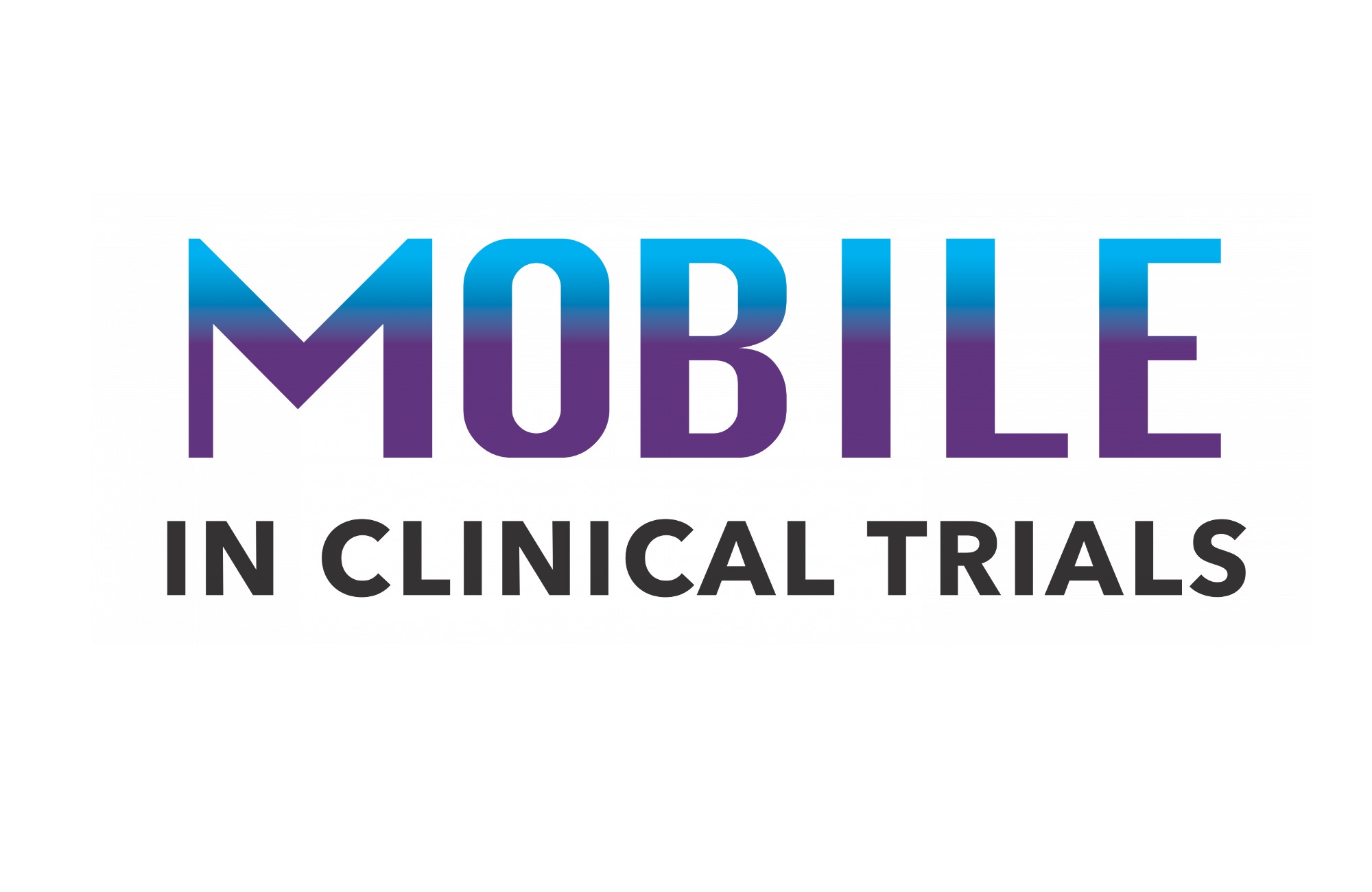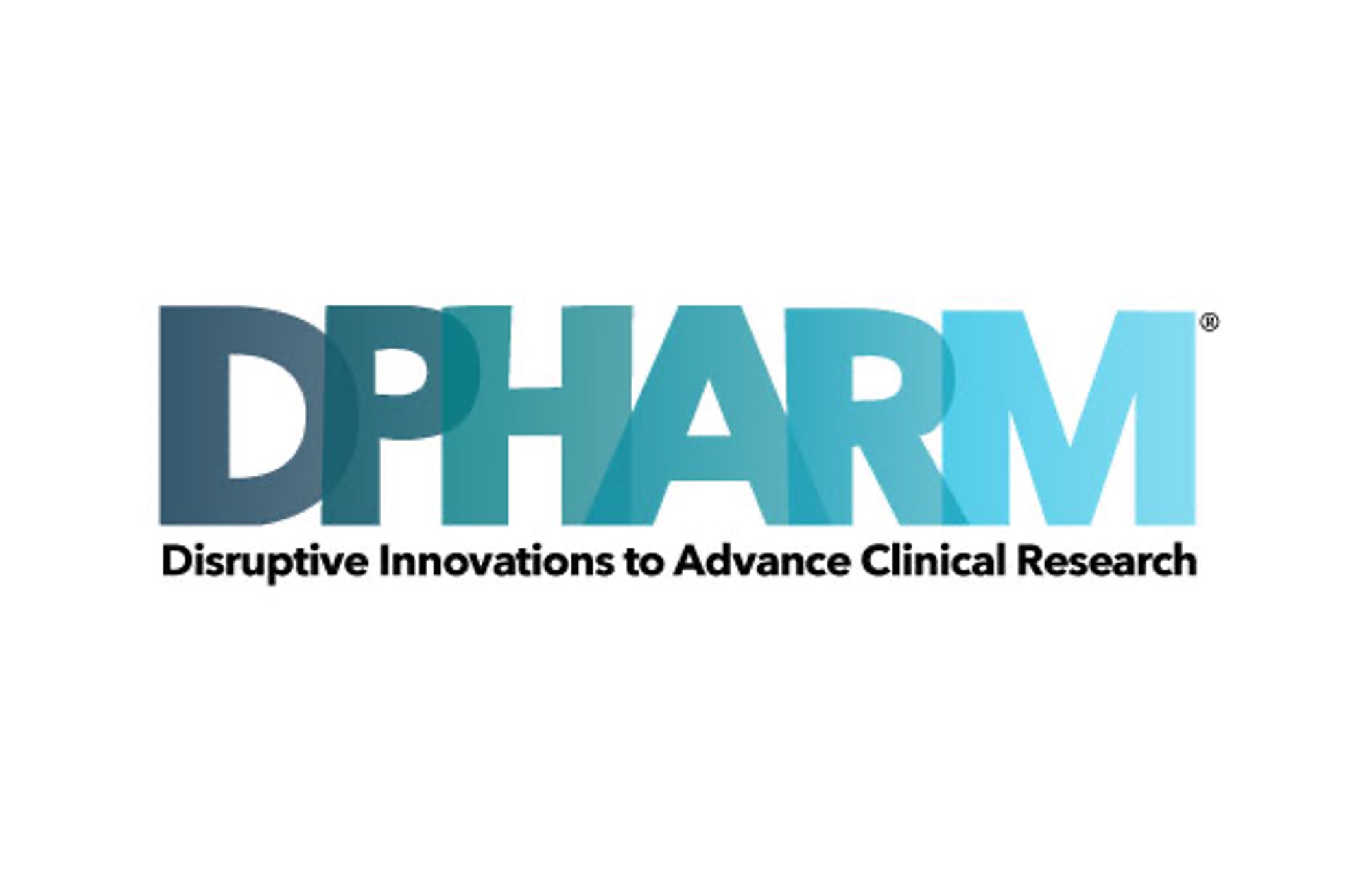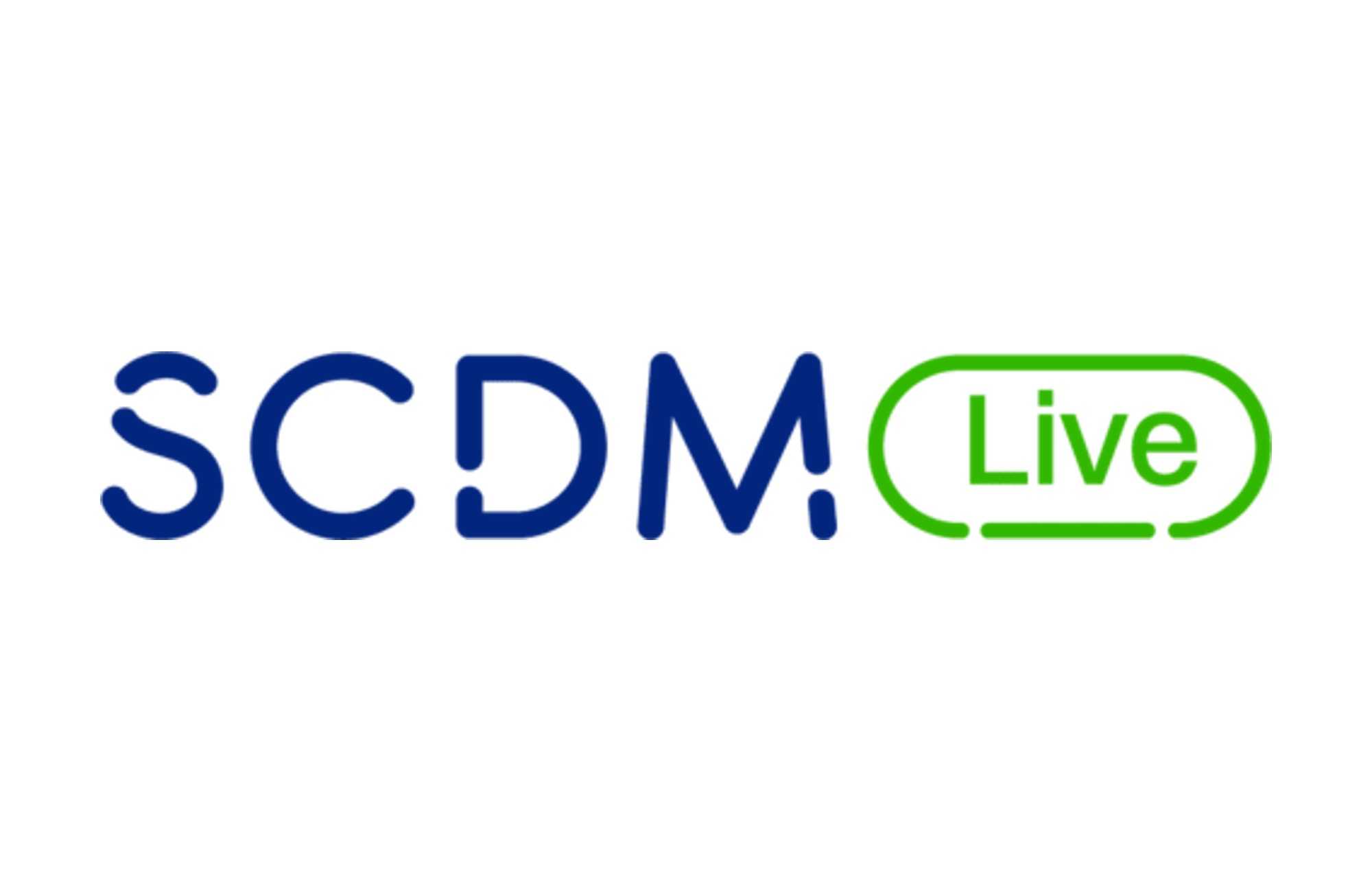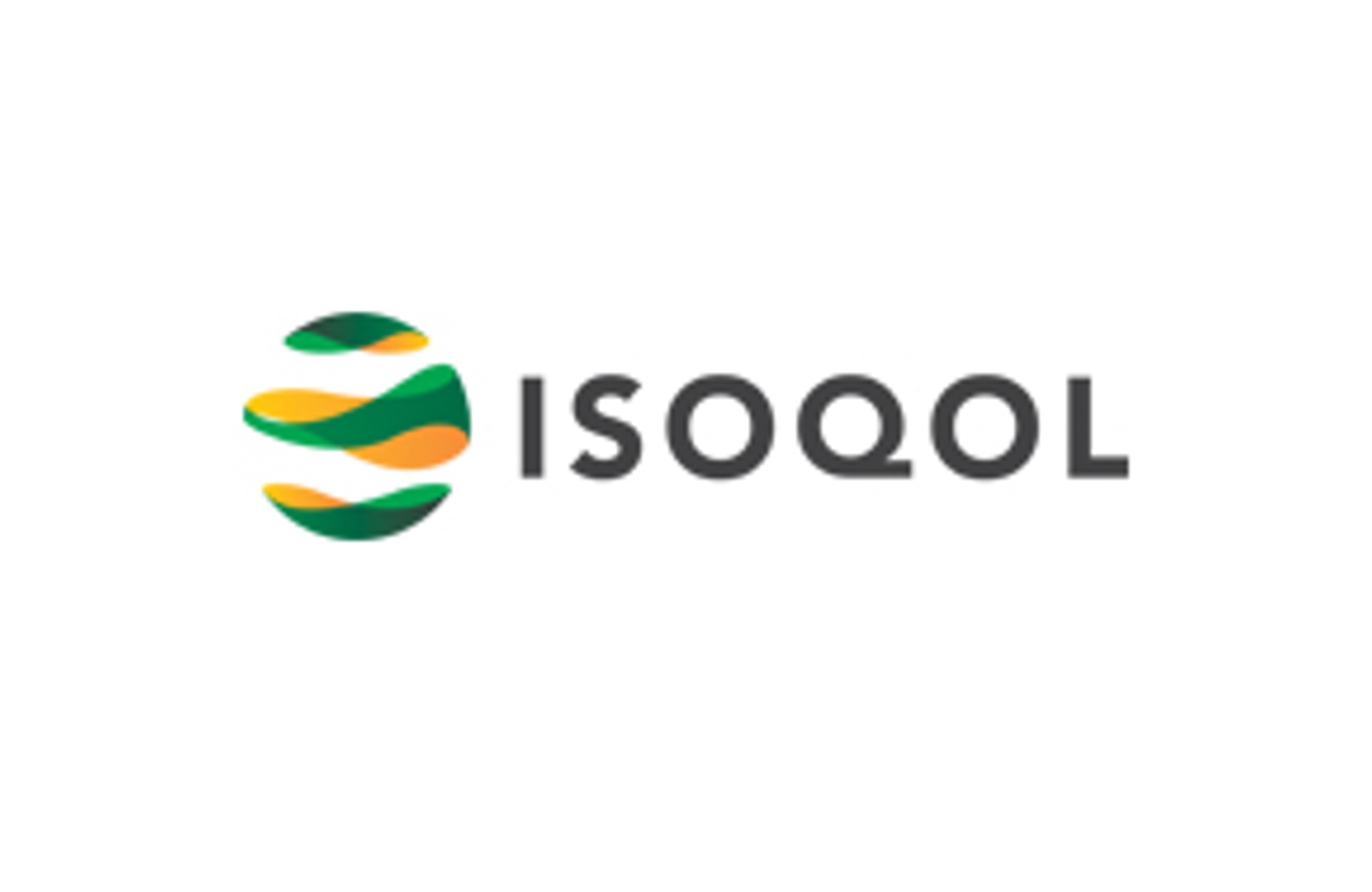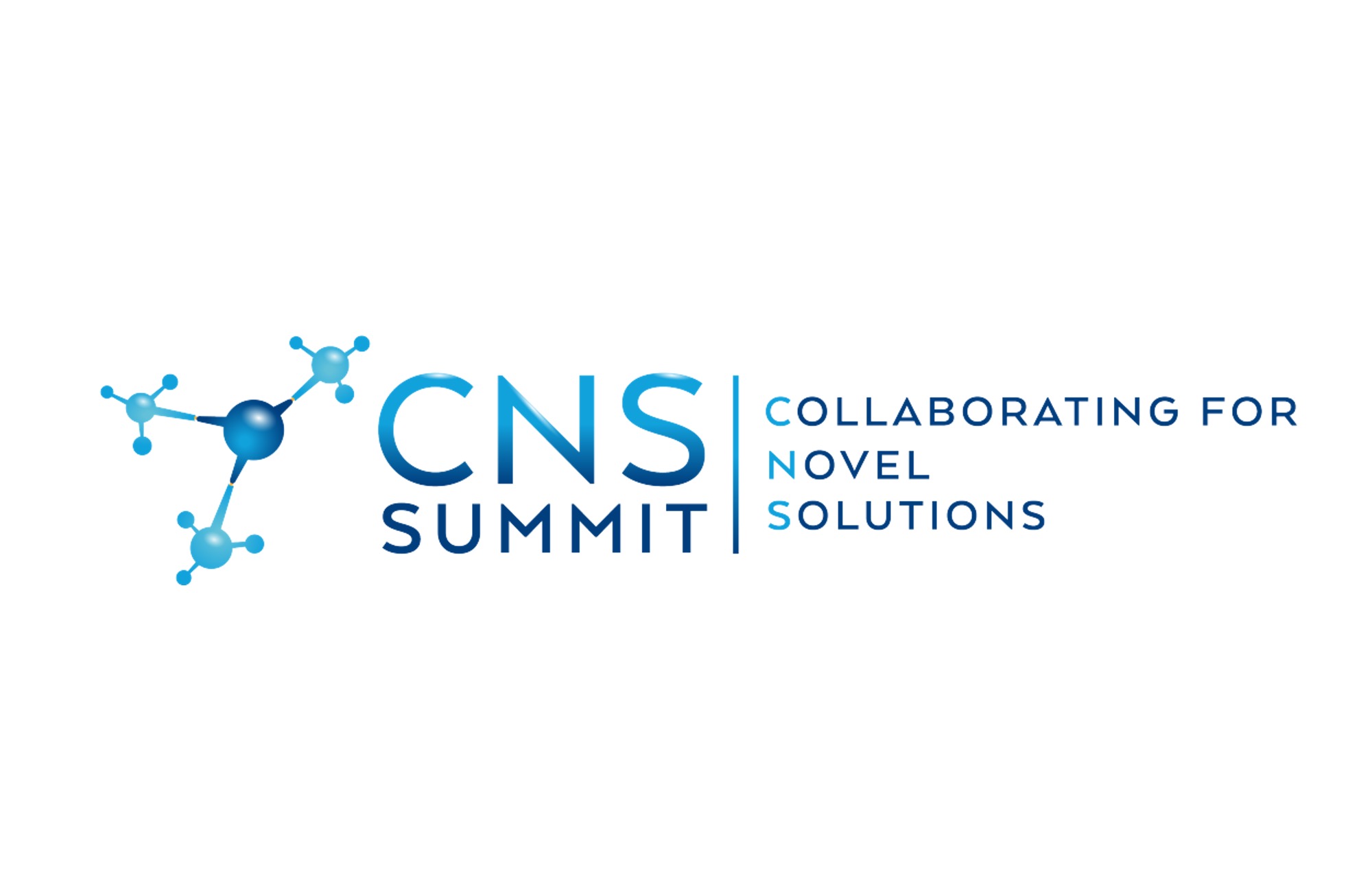The FDA has provided guidance on methodology to be used for developing and using PRO in oncology drug development programmes, and has emphasized the increased importance on patient input in clinical trials. In addition to QoL, many PRO questionnaires are used to assess complementary areas in oncology trials, including: disease related symptoms (pain or fatigue), physical/social/emotional aspects, symptomatic adverse events, and satisfaction with the care provided.
Using eCOA for oncology trials can be particularly challenging because of the range of therapeutic approaches. Key components should be taken into consideration in oncology studies to ensure the success of eCOA implementation include:
Oncology phase II/III study designs, including multimodality therapy and multiple arms
- The eCOA vendor, translation company, sponsor and authors need to work together early to ensure that all aspects (patient population, cancer specificities, usability testing, and possible equivalence studies) have been taken into consideration prior to the implementation, development and management of specific tools.
- Solutions and platform should combine to facilitate online ePRO data collection and transmission.
- Database set up needs to be complete to ensure online ePRO data integration and potential reconciliation with the IVRS system to ensure efficient randomisation.
- The programming of alerts needs to be customised and linked to each study arm.
The duration of the oncology study – time intervals
There are several time intervals to be considered in an oncology study: Progression-free Interval (PFS), Response duration (RD) and Overall Survival (OS). eCOA logistics, data flow and communication links need to be adapted accordingly:
- eCOA logistics, device reuse or site reallocation, data management (DM), alerts, and actions all need to be adapted proactively according to the different study time intervals.
- eCOA platforms including devices, solutions, and APPS need to be interoperable to ensure consistency of the communication of data workflows linked to each patient during the different time intervals.
- Easy-to-use solutions and communication tools (e.g. for sending alerts, reminders, visit schedules) will help to reinforce patient compliance and patient engagement for long-term studies.
Adverse events and the impact on quality of life with the oncology therapy
Side effects, especially the toxicity profile, can have an adverse impact on quality of life, and the management of toxicities is key to the maintenance of quality of life. So efficient collection of adverse events related to the oncology therapy (e.g. nausea, vomiting) is essential in oncology trials:
- Most of quality of life assessments, e.g. QLQ- C30, EQ-5D, FACIT, FACT-G, are collected during on-site visits whereas adverse events/diseases symptoms are mostly collected at home.
- For the eDiary data collected at home, the ePRO solution/platform configuration must integrate the investigator review into the data workflow process since easy-to-use communication tools and clinician engagement are key to ensure successful eDiary completion and patient compliance.
In the context of these particular challenges for oncology studies, well-implemented eCOA tools improve patient compliance and at the same time reinforce patient engagement. In this way, such eCOA tools play a vital role in improving the collection of large amounts of good quality data.
// Click here to see the infography //
Frédérique Marion, BD Director, Kayentis








